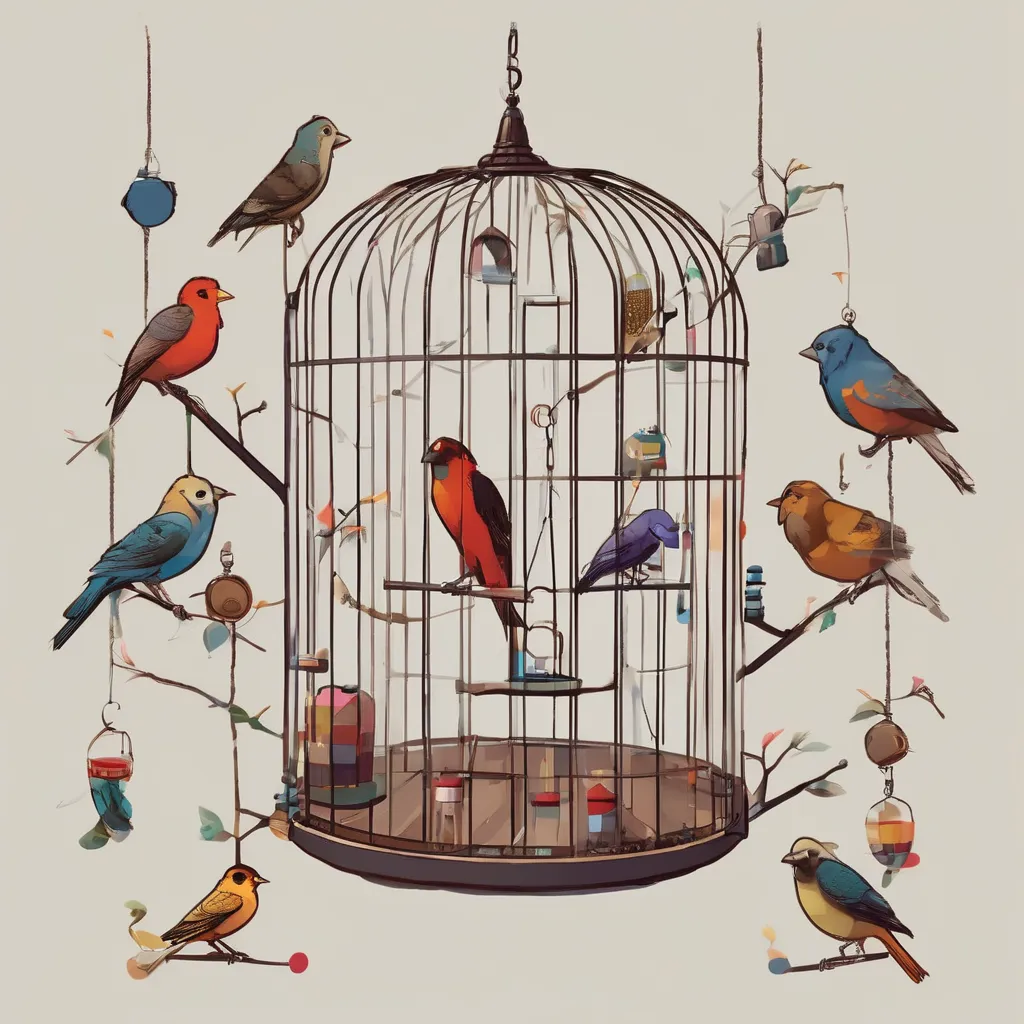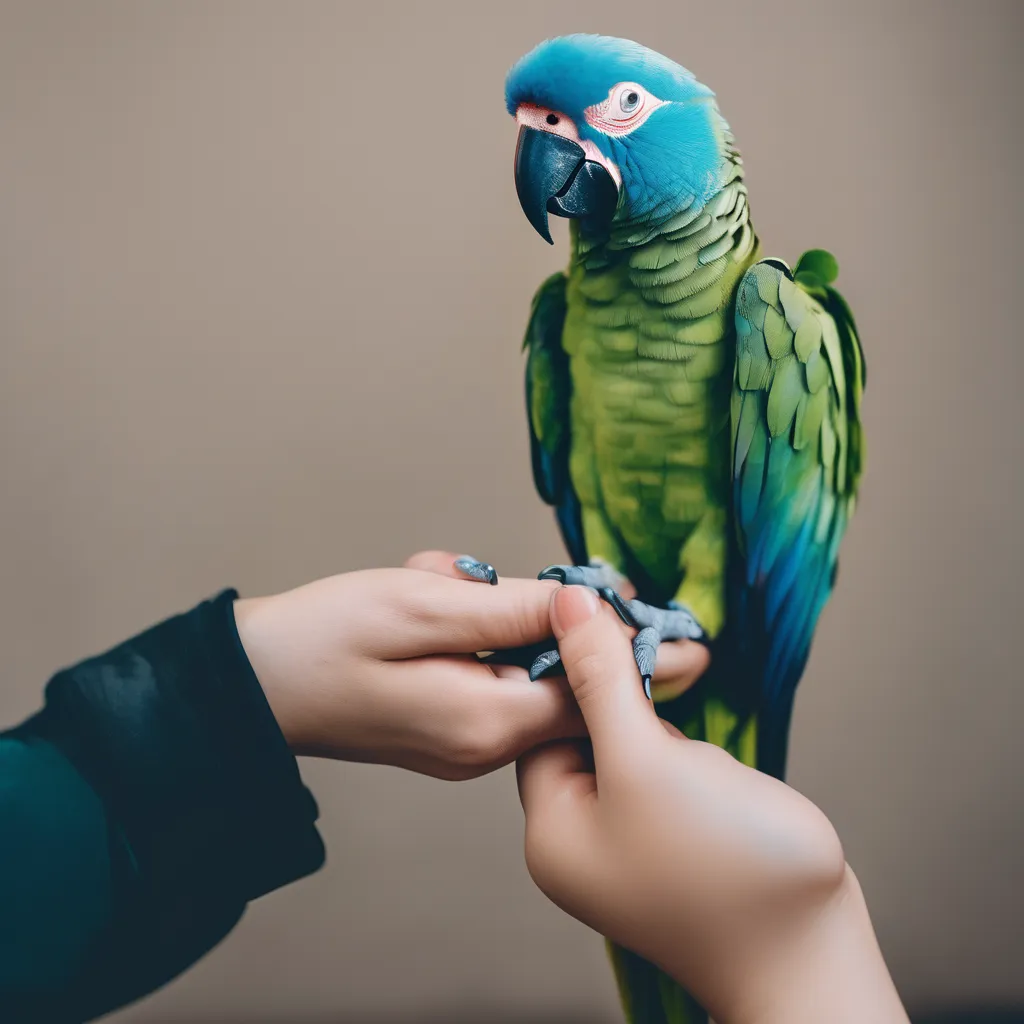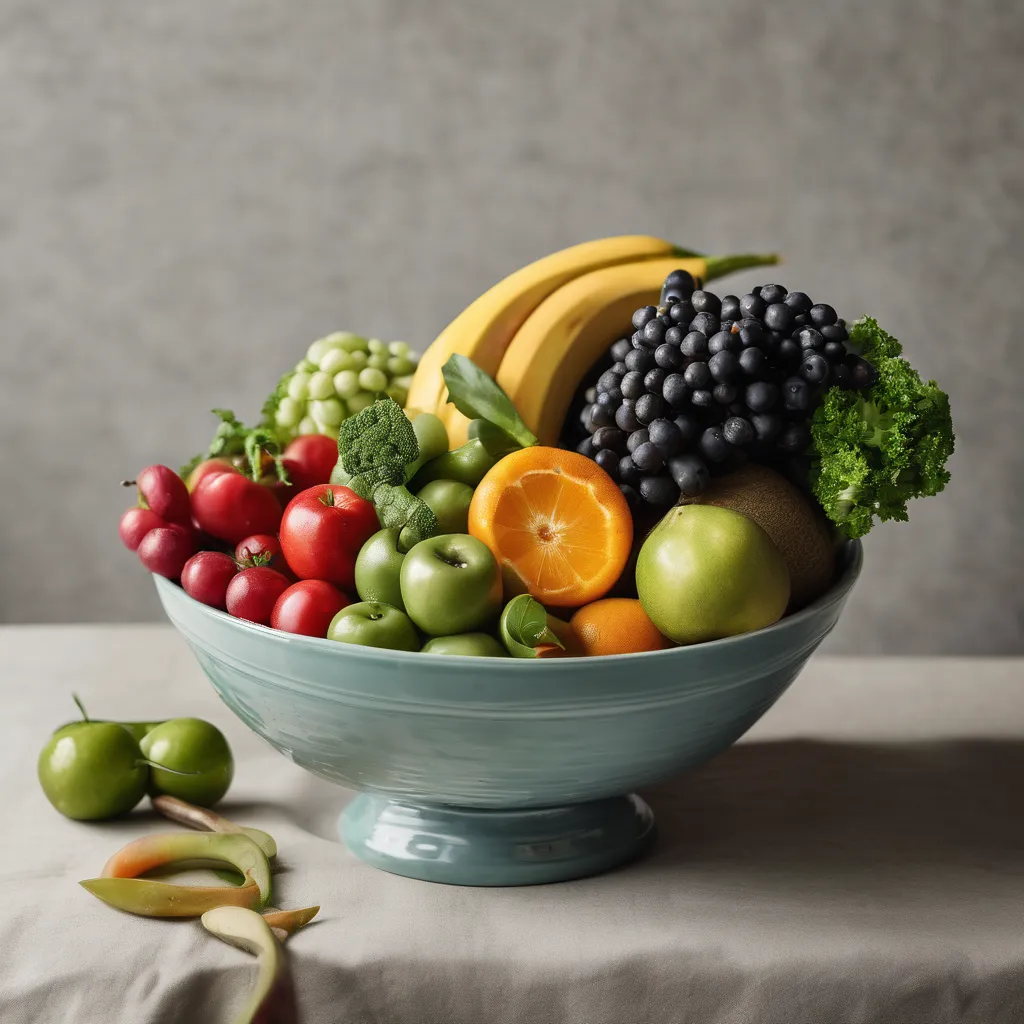
Parrot Ownership: Dos and Don'ts for Home Care
Ak Mishra

Ak Mishra
Owning a parrot is a unique experience that brings both responsibilities and rewards. Understanding the essential dos and don'ts of parrot ownership is crucial for the well-being of these avian companions. Providing a balanced diet, ensuring a safe environment, and being able to recognize common health issues are all fundamental aspects of caring for these vibrant birds.
By understanding the basics of parrot ownership, you can create a nurturing and enriching environment that supports the overall well-being of your feathered friend.

When it comes to parrot care and bird wellness, a balanced diet is of utmost importance. Ensure that your parrot's diet includes various fresh fruits, vegetables, and high-quality pellets to provide essential nutrients for their overall well-being. However, it's crucial to be aware of foods that can be harmful to parrots.
Avoid feeding your parrot chocolate, avocado, caffeine, and high-fat or salty foods as these can adversely affect their health. By maintaining a healthy and nutritious diet for your parrot, you are actively contributing to their avian maintenance.
Creating an enriching environment for your parrot is vital for their mental and physical well-being. Offer them a spacious living area with plenty of toys, perches, and opportunities for mental stimulation. This will ensure that they remain active and engaged in their surroundings.
Additionally, establishing a routine for regular exercise and social interaction is essential for the overall happiness of your feathered companion. By incorporating these environmental enrichment practices into your daily parrot care routine, you can promote a healthy lifestyle for your beloved bird.
Monitoring your parrot's health is crucial for ensuring their well-being. Keep a close eye out for any signs of respiratory problems, such as wheezing or labored breathing. Additionally, be attentive to any abnormal droppings or feather plucking, as these can indicate underlying health issues.
Regular veterinary check-ups are essential to monitor and maintain your parrot's health. A qualified avian veterinarian can provide valuable insights into your bird's overall wellness and detect any potential health concerns early on.
Creating a safe and secure living space for your parrot is paramount. Ensure that the environment is free from toxic plants, which can be harmful if ingested by your bird. Keep windows closed or screened to prevent accidental escapes or injuries. It's also important to eliminate potential hazards within their living area.
Maintaining a clean environment is essential for preventing the spread of bacteria and parasites that can affect your parrot's health. Regular cleaning of cages, perches, and toys helps create a hygienic space for your feathered companion.
By being proactive about common health issues and implementing home safety measures, you can significantly contribute to the overall well-being and security of your beloved parrot.
In parrot training and bird behavior conditioning, positive reinforcement plays a crucial role in shaping desired behaviors. By using this technique, you can encourage your parrot to exhibit specific actions while discouraging unwanted ones. When your parrot engages in favorable behavior, such as stepping onto your hand or vocalizing appropriately, reward them with their favorite treats or verbal praise. This helps reinforce the association between the action and the positive outcome.
Consistency is key when employing positive reinforcement. Establish a regular training routine that includes short sessions focused on reinforcing specific behaviors. Over time, this will build trust and strengthen the bond between you and your parrot, creating a harmonious relationship based on mutual understanding and respect.
Avian socialization is essential for reducing stress and promoting your parrot's mental and emotional well-being. Exposing your parrot to various experiences, sounds, and people helps them become familiar with their environment and feel more at ease in different situations. This exposure can include introducing new toys, playing different types of music, or allowing them to observe various activities around the home.
In addition to environmental exposure, providing opportunities for interaction and play is vital for your parrot's social development. Engage in interactive games or activities that stimulate their curiosity and encourage bonding with you and other family members. These interactions contribute to a well-rounded socialization experience for your feathered companion.
By incorporating positive reinforcement techniques into training practices and providing ample opportunities for socialization, you can foster a balanced and enriching environment for your beloved parrot.

When traveling with parrots, it's essential to prepare them for the journey to minimize stress and ensure their well-being. Start by acclimating your parrot to travel carriers and short trips, gradually exposing them to longer journeys. This gradual exposure helps them become more comfortable with the idea of traveling, reducing anxiety during extended trips.
In addition to acclimation, ensure that you have all the necessary documentation and supplies when traveling with your parrot. This includes any required permits or health certificates, as well as familiar items such as their favorite toys or comfort objects. By preparing in advance, you can help create a sense of security for your parrot during the journey.
Safety is paramount when avian transportation. Keep your parrot secure and comfortable during travel by providing ample food, water, and familiar items in their carrier. Familiarity can provide reassurance and comfort during the journey.
Be mindful of temperature changes and potential stressors while traveling with your parrot. Sudden temperature fluctuations can be distressing for birds, so take precautions to maintain a comfortable environment for them throughout the journey.
By following these travel preparation and safety tips, you can ensure a smooth and stress-free journey for both you and your feathered companion.
By incorporating these guidelines into your daily routine, you can establish a harmonious and enriching environment for your beloved parrot.
Understanding the needs and responsibilities of parrot ownership is essential for their overall well-being, ensuring a fulfilling avian domesticity.
Providing a safe, stimulating, and nurturing environment is key to ensuring a happy and healthy life for your parrot, contributing to effective home care for parrots.
In the words of renowned avian behaviorist Linda Rubin, “A well-cared-for parrot is not just a pet; it's a cherished member of the family.”
Partager cet article